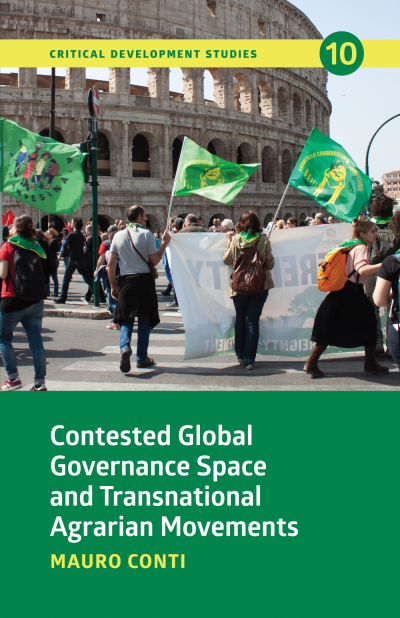
The Water Business
Corporations Versus People
Privatization of water supplies began in England in 1989 under Margaret Thatcher; in the next 10 years, nearly £10 billion went in profits to the new water companies. Today, two giant corporations, Veolia and Suez, control 80% of the international private water market and have some 300 million customers. Protests have broken out in country after country and the water giants are switching to new markets in China, North America and Europe. Meanwhile well over a billion people still lack access to clean water supplies. Drawing on her own interviews with the poor, the experts and the corporate executives in Latin America, Africa and Europe, the author bring us a story much more complicated that simply public or private provision, or innovative mixes of the two. The ultimate question is this: is water a human right or just another tradable commodity?
About the book
Privatization of water supplies began in England in 1989 under Margaret Thatcher; in the next 10 years, nearly £10 billion went in profits to the new water companies. Today, two giant corporations, Veolia and Suez, control 80% of the international private water market and have some 300 million customers. Protests have broken out in country after country and the water giants are switching to new markets in China, North America and Europe. Meanwhile well over a billion people still lack access to clean water supplies. Drawing on her own interviews with the poor, the experts and the corporate executives in Latin America, Africa and Europe, the author bring us a story much more complicated that simply public or private provision, or innovative mixes of the two. The ultimate question is this: is water a human right or just another tradable commodity?




_cover-FINAL_400_618_90_s.jpg)








